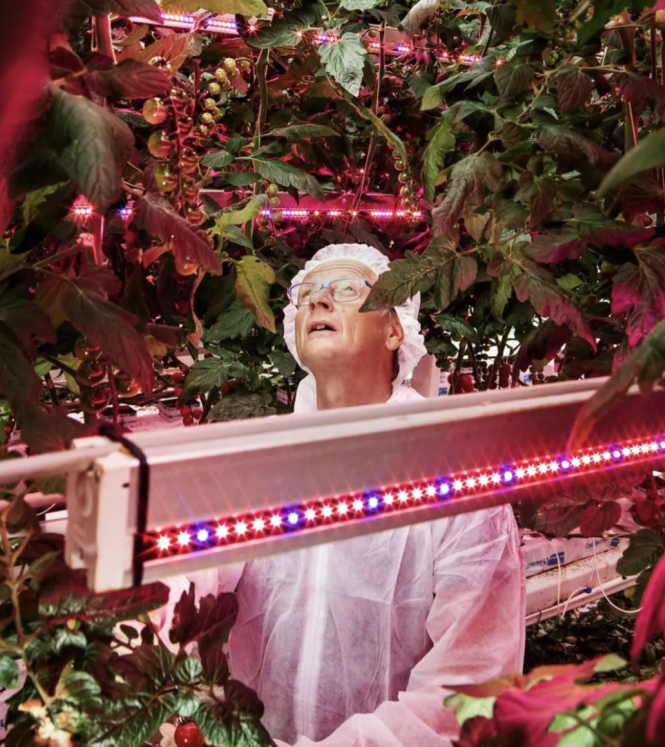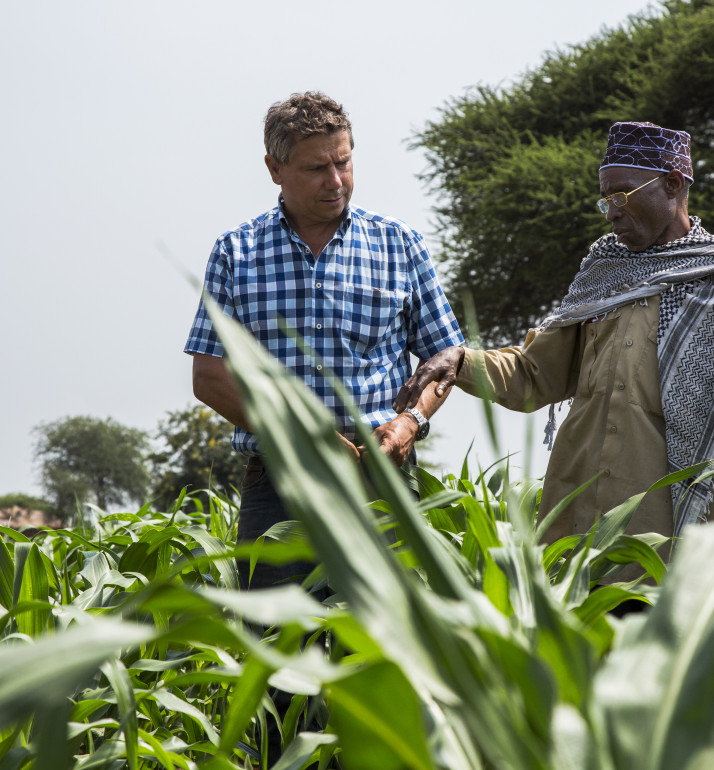
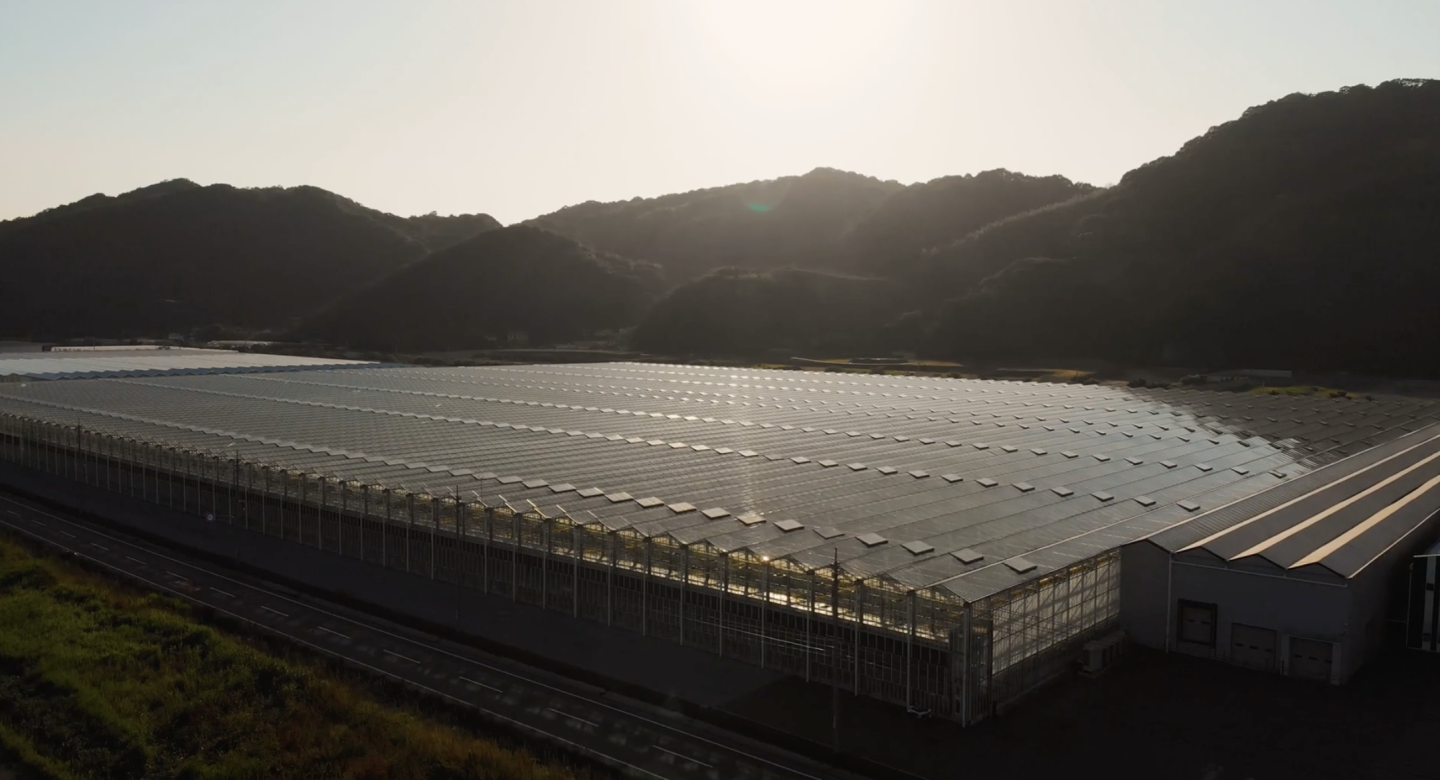
Dutch horticulture blossoms in Japan
As the world edges toward a population of 9 billion, the question of how we feed ourselves sustainably is no longer hypothetical, it’s urgent. At Expo 2025 in Osaka, the Netherlands is spotlighting one of its strongest contributions to the global food system: horticulture. But rather than arriving with all the answers, we’re showing up with experience, openness, and a collaborative mindset.
In Japan, where rural depopulation and labour shortages have put pressure on domestic agriculture, this kind of partnership could be crucial. Japan is facing a unique set of agricultural challenges. With one of the world’s oldest populations and a steady shift from countryside to city, many farms are under-resourced and understaffed. And yet, the demand for fresh produce continues to rise across Asia, along with region-wide challenges.
The Netherlands can play a key role in supporting the Japanese horticulture sector. “We don’t pretend to have the full solution,” says Ben van der Heide, commercial director at horticultural engineering firm Bosman Van Zaal. “But we do bring decades of practical knowledge, and we’re ready to build something meaningful, together.” At the same time, Japan remains heavily reliant on food imports. That dependence leaves it vulnerable, both economically and environmentally. This is where the Netherlands sees an opportunity to support, not to export a ready-made model, but to collaborate on future-proof systems that meet Japan’s specific needs.
When tech meets trust
Many Dutch companies are already active in the Japanese market. With roots dating back more than a century in Aalsmeer, Bosman Van Zaal now delivers turnkey greenhouse solutions across the globe. In Japan, it has partnered on projects in places like Kochi and Mutsu, implementing Controlled Environment Agriculture (CEA), which refer to agricultural practices that take place within enclosed structures like greenhouses, vertical farms, or other systems. It can be a mid- or high-tech approach that allows crops to be grown efficiently and sustainably, with minimal water, energy, and pesticides.
This work builds on the longstanding ties between Japan and the Netherlands, a relationship that began in 1600 with the arrival of the Dutch ship De Liefde in Kyushu. For nearly 240 years, the Netherlands was Japan’s sole European trading partner, fostering the growth of Rangaku learning centres and contributing to Japan’s modernisation. Today, the partnership remains strong, grounded in shared values like freedom, democracy, and the rule of law. “In Japan, relationships come first,” he says. “You have to show up, take the time to understand the culture, and earn trust. Without that, there’s no business.”
He points out that much of Japan’s horticulture development is tied to public subsidy programmes, which foreign companies can’t access directly. The workaround for good collaboration? Find a strong local partner. “That’s essential,” Van der Heide says. “You get local insight, legal compliance, and long-term viability.”
Likewise, Mirjam Boekestijn, CEO of Dutch Greenhouse Delta, agrees that while much of Japan’s horticulture development is tied to subsidy programmes, local initiatives of visionary local governments are also important. She explains “the government has shifted toward deregulation to encourage entry by non-agricultural companies and the expansion of large-scale farming operations. Deregulation enabled corporations to lease farmland and engage in agriculture. As a result, the interest of companies entering the agricultural sector is increasing.”
From knowledge to impact, collaboration is key
For the Dutch, sharing horticultural expertise is not just about commerce, it’s part of a broader mission. The Netherlands is working to build a sustainable food system that works for both people and planet. That means rethinking how food is grown, distributed, and consumed, especially in a warming world where resource use and land availability are under pressure.
“Food is energy, health, and happiness,” says Mirjam Boekestijn. “But food systems are increasingly fragile. We believe horticulture, or especially CEA, can play a transformative role. Not just in the Netherlands, but globally.”
One standout example of this collaborative vision is the Salad Bowl initiative, a pioneering project launched by Japanese entrepreneur Susumu Tanaka in partnership with Dutch Greenhouse Delta. Since its start in 2004, Salad Bowl has grown into a network of future-proof greenhouses across Japan, producing crops like tomatoes, leafy greens, and strawberries. By combining Dutch greenhouse technology with local expertise, the initiative showcases how sustainable horticulture can help boost domestic food production, reduce environmental impact, and strengthen regional economies. More than just a production site and commercial operation, Salad Bowl is a demonstration of how local food security, economic opportunity, and technological innovation can grow hand in hand. It offers a model for regional regeneration that other parts of Japan may soon follow.
The future depends on a two-way street
While the Netherlands brings horticultural knowledge, Japan offers its own wealth of innovation. Boekestijn sees many opportunities. “Together, we are exploring how to combine our expertise to address shared challenges, like reducing fossil fuel use in food production, integrating decarbonisation and robotics, attracting younger generations back to agriculture, and ensuring year-round availability of healthy, local produce from thriving rural communities.”
As the Dutch take the stage at Expo 2025, our message is clear: no one can fix the future of food alone. But by building on mutual respect, shared goals, and complementary strengths, countries like the Netherlands and Japan can make meaningful progress. “The Dutch horticulture sector has a lot of experience scaling up sustainable methods,” adds Van der Heide. “But Japan’s technological leadership is just as valuable. This is a two-way street. We’re not coming to Japan to impose a model,” Van der Heide says. “We’re coming to listen, to collaborate, and to grow something new, together.”
Dive in
-
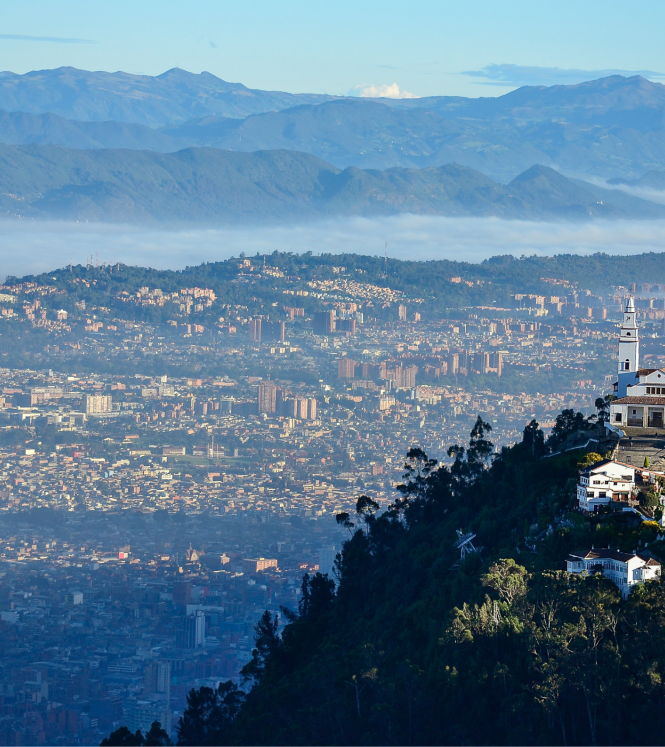
-

-
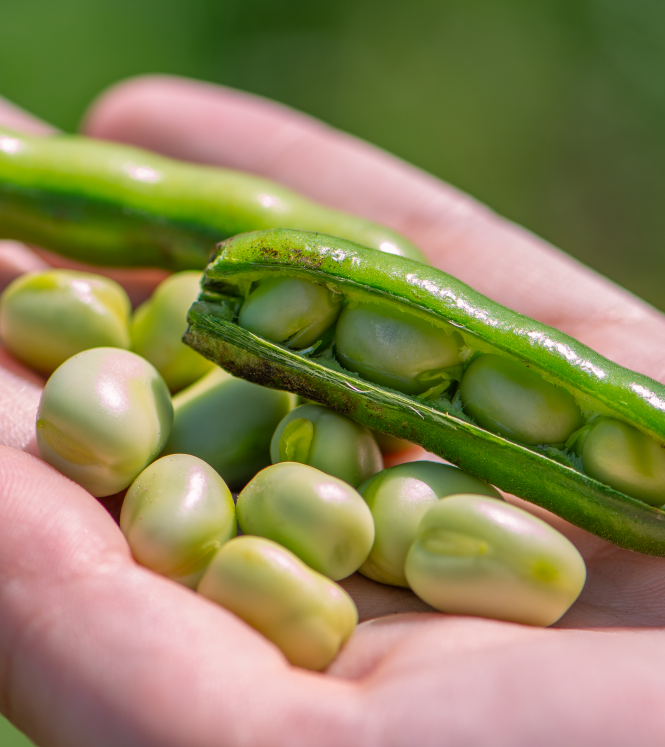
Rethinking proteins and how to feed the future
Read more -
